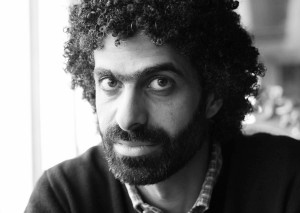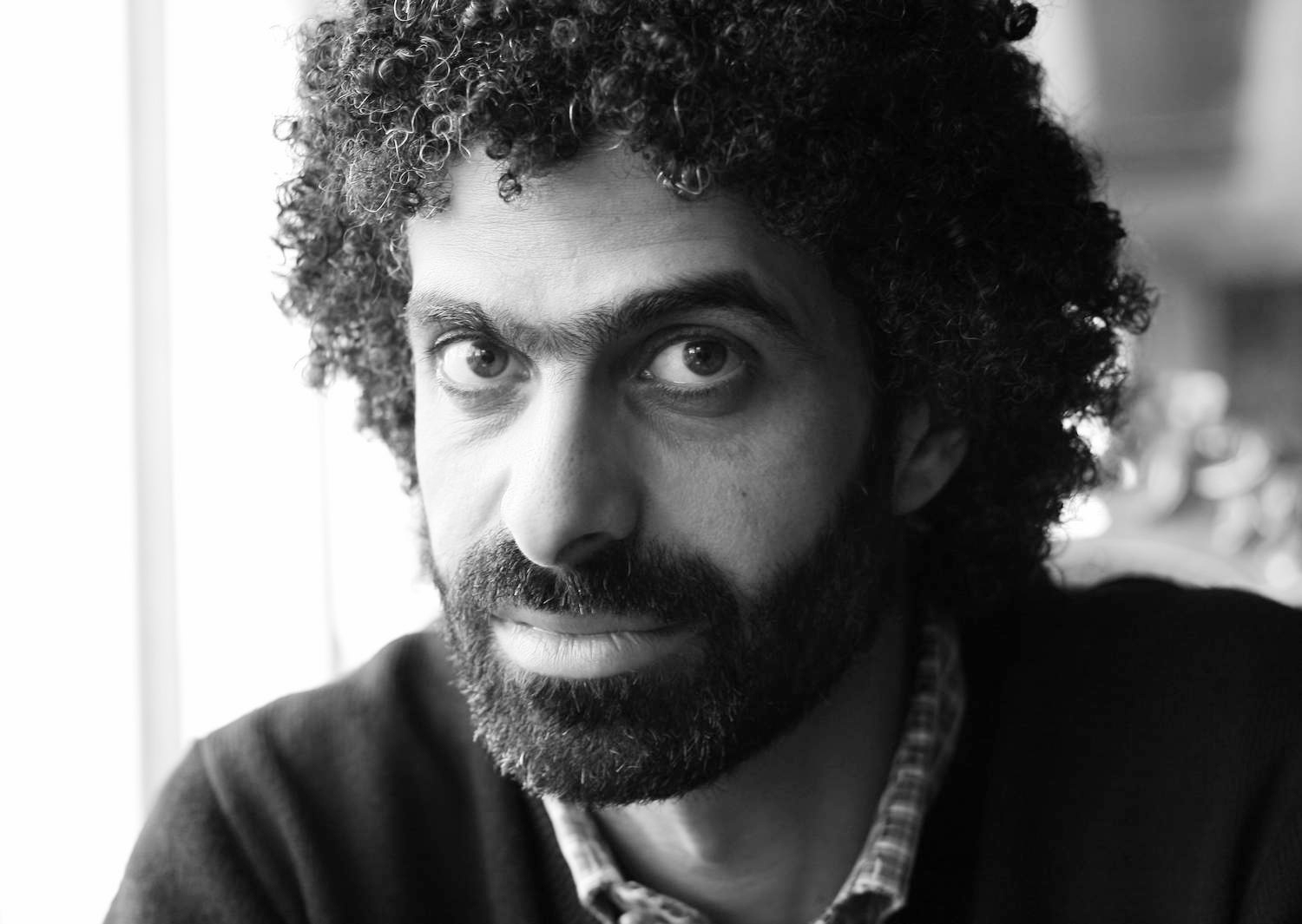
Hosni Mubarak is out of Tora prison and placed under “house arrest” in a military hospital in Cairo. Some Egyptians take this development to the extreme and pessimistically claim Mubarak is back to power, which is definitely more of a desperate joke than anything else. Simply, both politically and physically it is unfeasible to even consider.
So, if Mubarak himself is not back, is his state back? Did it actually ever leave since his fall?
A week ago a report was issued by the credible NGO, Egyptian Initiative for Personal Rights (EIPR) discussing Mubarak’s legal status, his release and lawsuits filed against him, his family and some of his ruling elite. The report shed light on very important issues that were not surprising, but they are now made legally clear to the public.
One of the points raised by the report is the role played by the investigating bodies in extending the length of Mubarak’s trials and how the public prosecution was slow to charge him. The public prosecutor at the time, Abdel Meguid Mahmoud, only ordered an investigation into Mubarak on 10 April 2011, two months after he stepped down, reacting to massive popular pressure in the form of huge demonstrations dubbed the Friday of prosecution and purging.
Another issue was the role played by the public prosecution in handling the process. According to the report, the public prosecution only brought criminal cases against Mubarak on largely trivial charges in four cases, although many citizens submitted numerous complaints with supporting evidence. The investigations were severely flawed and the evidence brought by the prosecutor was tenuous. As a result, the grounds for conviction were weak and the conviction was overturned.
Participating in the game as well, general intelligence sent the public prosecution videotapes devoid of evidence, telling the prosecution that other tapes relevant to early February had been “taped over.” Similarly, the police destroyed important criminal evidence in the same case. These were some of the very frustrating facts mentioned in the EIPR report. This report, in addition to many other solid observations, is evidence that Mubarak’s legal institutions were never gone.
Despite all what went wrong under the Muslim Brotherhood’s rule and all the violations they committed for a whole year, the harsh crack-down on them by the military dispersing their sit-ins two weeks ago and currently executing massive arrests against their higher and middle level leaders is a return of the aggressive authoritarianism of Mubarak’s state.
Also, the full return of police brutality and random detention of civilians based on how they look is a return of Mubarak’s state. If you are a bearded man or a niqabi woman walking on the streets nowadays, good luck with that. If you fall in their hands, there is a probability that you would end up in a morgue with a conflicting autopsy report on how you died. Abu Zabal’s prison crisis, where 38 citizens mysteriously died, was just two weeks ago.
Investigations of two young revolutionary leaders, Asmaa Mahfouz and Israa Abdel Fattah, on allegations of spying for a foreign country is a return of Mubarak’s state.
Despite my disagreement with Mohamed ElBaradei’s many hesitating back and forth political moves, I believe filing a “dishonesty” lawsuit against him for resigning from his position as vice-president in condemnation of violence by the military and the police marks a return to Mubarak’s state. The orchestrated and cheap media campaign against him is clearly a part of the war against the man.
And now the obviously directed talk about how parliamentary elections should be for individuals and not parties, and how the media is pushing for it, is a return to Mubarak’s state. It will return members of Mubarak’s dissolved National Democratic Party (NDP) to power without having to bring the party back to life, which would be too much of an anti-revolutionary move.
Organised fascist propaganda in support of the military and against anyone else that is not patriotic enough, or soft-hearted against “terrorism”, which all started by the state-run media and then easily and willingly picked up by the private media, is also unfortunately a return of Mubarak’s state.
Back to the question: Did Mubarak’s state ever really leave?
The answer is no, it was always there. It was just in a “pause” mode waiting for the right moment and suitable circumstances to interfere with the hope of a subtle return. A hope that apparently is largely based on the severe discontent by the people due to the very difficult period the country survived under the Brotherhood. They were just patiently waiting for that moment when things go out of control from the Brothers’ hands.
All these depressing developments might make one believe that the revolution has failed, but this blunt return of Mubarak’s state is completely unsustainable for different reasons.
One of these reasons is the psychology of the masses and how different they are in comparison to their very passive attitudes under Mubarak. Those times are completely gone and people are very different now.
Another reason is the military themselves. Yes, they are the strongest entity in the country, but they cannot meet the demands of the masses or fix the country’s crumbling economy. They will not stay as the guardian angels in people’s hearts forever, especially with long list of legal and human rights violations since Mubarak’s fall.
Also, the political elite playing in the current scene after Morsi’s fall do not have an interest in meeting people’s demands. “Bread, freedom and social justice”, whatever this slogan means to the people, is simply against the elite’s ideologies, even if it doesn’t mean stripping from them the power and benefits they had since Mubarak’s rule.
The masses and workers will not stand still and will head again to the streets in a few months or one year maximum, since all of the changes happening at the moment are very unsustainable. And even if the masses are exhausted to actively engage again soon, given the very confusing past three years, thousands of families of those who got killed or tortured to death during and after Mubarak will not give up, even if it takes years and years. We have to learn that lesson from similar experiences around the world. Those who lost loved ones do not forget, even if everyone else does.
The revolution has not died or failed. Unfortunately, everyone including those who protested on 25 January 2011 and 30 June are all unnecessarily willing to take a long detour in reaching their goals.


